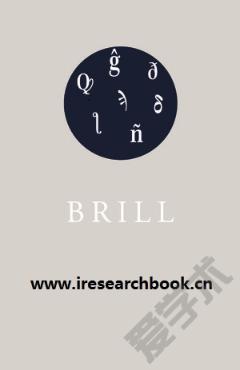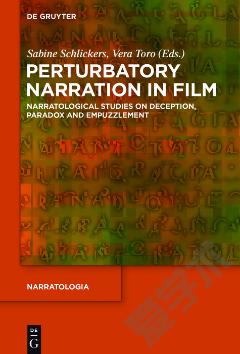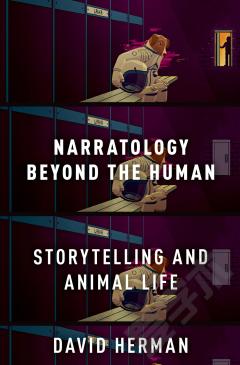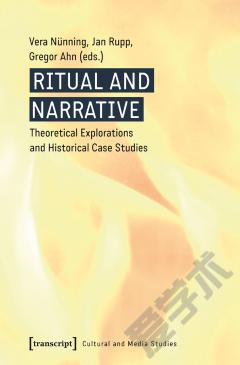Storying Later Life —— Issues, Investigations, and Interventions in Narrative Gerontology
----- 晚年故事:老年学叙事问题,调查和干预
In its brief but vigorous history, gerontology has spawned a broadening range of specializations. One of the newest of such specializations is narrative gerontology, so named for its emphasis on the biographical, or inside, dimensions of the experience of aging. Telling stories about our world, our relationships, and ourselves is fundamental to how we make meaning. Everything from our history to our religion and our memories to our emotions is linked to the tales we tell ourselves, and others, about where we have come from and where we are going. They are central to who we are. The biographical side of human life is every bit as critical to fathom as the biological side, if we seek a more balanced, positive, and optimistic perspective on what aging is about; if we would honor the dignity and complexity, the humanity and uniqueness of the lives of older persons, no matter what their health or economic standing. In this respect, a narrative approach is particularly suited to the exploration of such topics as meaning, spirituality, and wisdom, and the connections they share. This volume reflects a selection of new directions and insights, and constitutes a general broadening and deepening of narrative gerontology, exploring its implications for theory and research in the field of aging, and for the quality of life of older adults themselves. Such deepening indicates a greater refinement of thought, method, and intervention. The evolution of narrative gerontology is also evidenced by a significant increase in the number of faculty and graduate students engaged in research in this area, as well as by increasing collaboration among researchers, practitioners, and administrators in applying narrative insights to contexts such as long term care - indeed, healthcare in general. These initiatives have given rise to the phrase, "narrative care as core care".
{{comment.content}}








 京公网安备 11010802027623号
京公网安备 11010802027623号